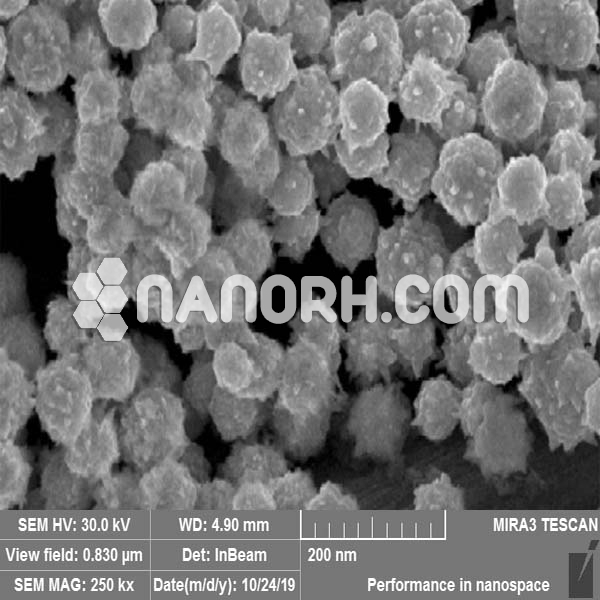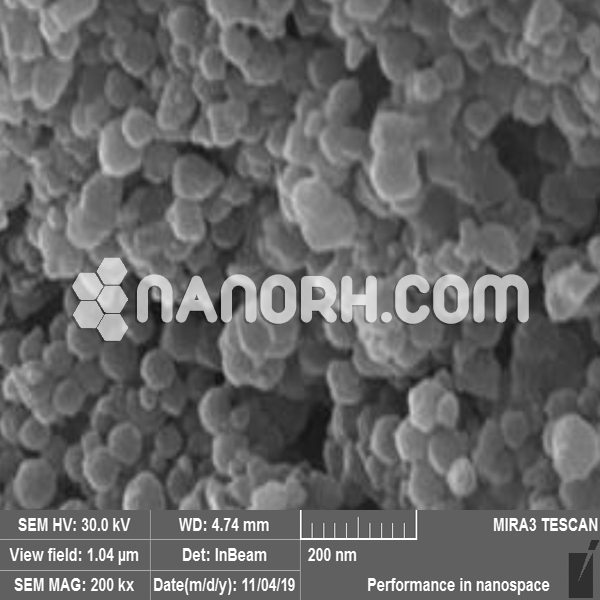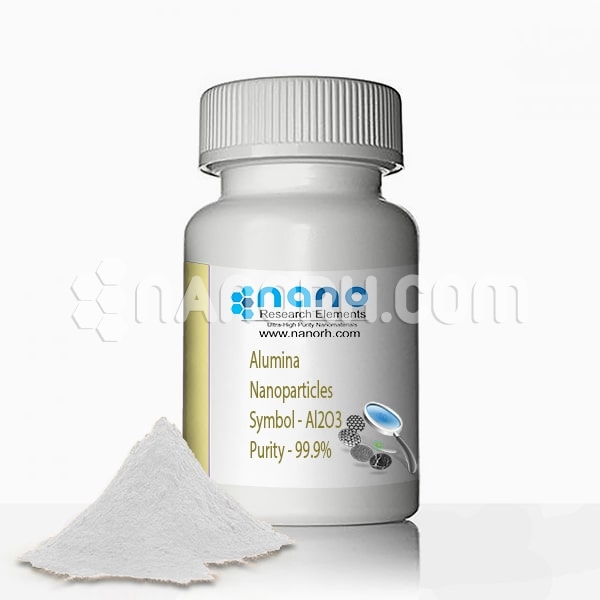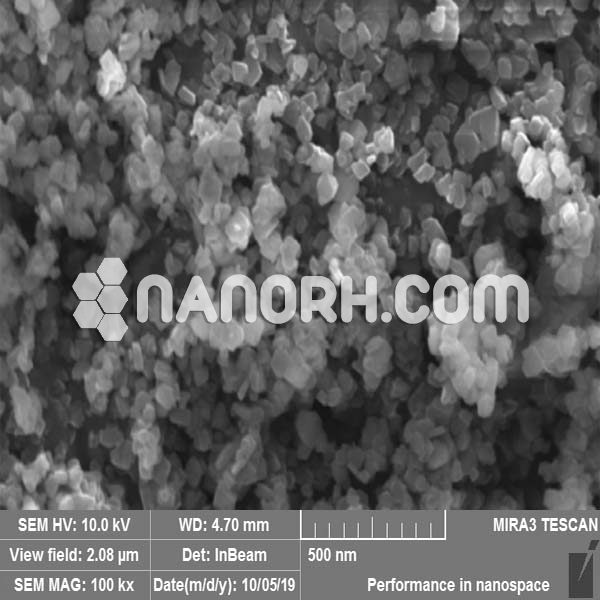Nickel Nanopowder
Nickel Nanopowder Features: Gray color, for diamond tools, carbide, alkaline batteries, electrical and electronic, thermal spraying materials and other products industries. The conductive additive active substance, its unique beaded chain structure can produce a good conductive network, the product can be used in the production of conductive coatings, paints, adhesives, and other fields, and powder metallurgy industry.
| Nickel Nanopowder | |
| Product No | NRE-1027 |
| CAS No. | 7440-02-0 |
| Formula | Ni |
| APS | <100nm (Can be Customized) |
| Purity | 99.9% |
| Color | Gray |
| Molecular Weight | 58.6934 g/mol |
| Density | 8.908 g/cm³ |
| Melting Point | 1455 °C |
| Boiling Point | 2730 °C |
Nickel Nanopowder Applications
- Combustion catalyst. Nickel nanopowder works well as a combustion catalyst for solid or liquid propellants, with research suggesting viability in a host of other combustive applications. While it’s largely been ignored in energetics due to a relatively low energy density, the potential for nickel has been revisited as research into nanopowders resurges, with newer studies and theories suggesting new possibilities for its role in fuel production.
- Additive applications. The unique properties of nickel nanopowder have made it a popular additive in the manufacture of several different materials, including a variety of ceramics and lubricants. Nickel nanomaterials also work as an additive to aid in sintering of other materials.
- Electronics applications. Many of the most common applications of nickel nanomaterials involve electronics in some form or fashion. The material has been utilized as a component or manufacturing aid for capacitors, electrode terminations, electromagnetic shielding, metal base electrodes, conductive coatings and pastes, ferrofluids, and more.
- Purification of Uranium. Promising research into the interaction between nickel nanopowders and uranium suggest it as a viable material for the purification of uranium. This makes it highly valuable in certain industrial applications and for certain environmental projects. Further research continues.




